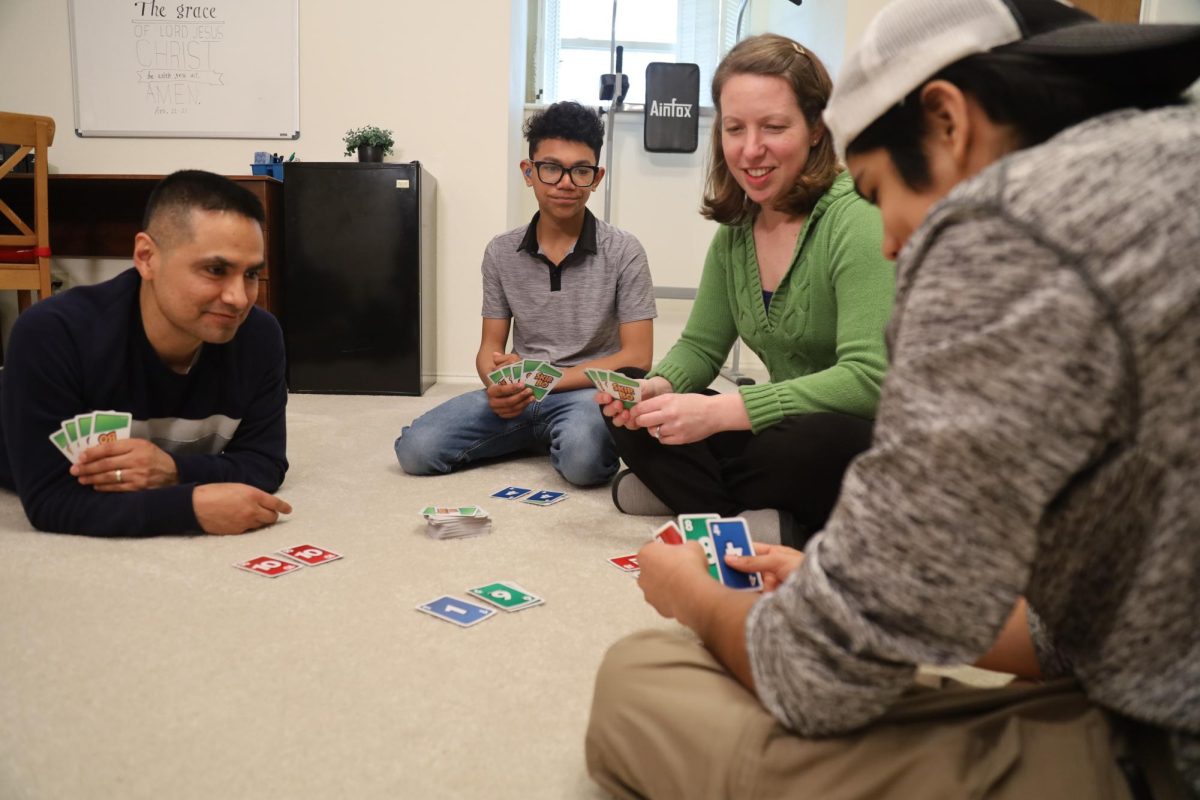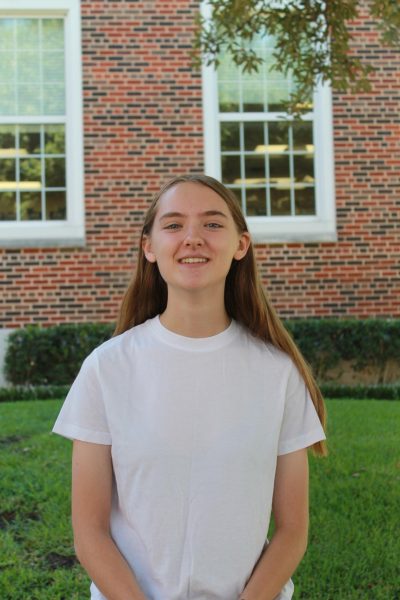A decade long lawsuit against the State of Texas still rages on.
Judge Janis Graham Jack of the Southern District of Texas District Court continues to hold the State in contempt of court for its foster care system that causes children to “leave State custody more damaged than when they entered.”
“That lawsuit has been very big in Texas,” public policy director for Dallas Court Appointed Special Advocates, or CASA, Chad Frymire said. “It’s brought good things and bad things. I would say the main thing we’ve seen from that lawsuit was that it brought up the CWOP situation.”
Children without placement, or CWOPs, are children in the foster system who have no parents, no foster family and no facility to take them due to severe behavioral problems. Because of the lack of available care, many of these children are forced to sleep in hotels and office buildings, under the supervision of staff who aren’t qualified to meet their needs.
“The judge was looking at what they call congregate care group homes, and she was saying that there were some bad actors and that they weren’t that good of places,” Frymire said. “As a result of the court case, [Judge] Jack instituted what they call heightened monitoring.”
Heightened monitoring, according to the Texas Department of Health and Human Services, is increased oversight and tracking of residential care operations. This includes the monitoring of group homes with 7-12 children aged 14 or above, which have a history of standard violations and allegations of abuse or neglect.
“[Heightened monitoring] has definitely made things harder, in some ways,” case manager Jessica Sanders said. “It’s more rules, and I think we’ve seen some agencies fall by the wayside because they were not able to keep up. But if it’s to keep kids safe, then that is a positive thing.”
All of this has happened in the midst of a chaotic transition from state-run child protection services to a privatized, community-based model. In this model, local communities and locally run charities address the individual foster care needs of their region. Implementation of this new model in Dallas began March 1.
“So instead of [child protection services] being a public entity, it’s going to be privatized,” DFW Angels executive director Erin White said. “The child placement agencies, which are nonprofits as well, put bids out to the city. If they win the bid, then they get the [child services] cases.”
As of Sept. 1, 2023, EMPOWER, a child welfare collaborative, began to take over child placement services for Metroplex East, a nine-county region that includes Dallas and Collin County. This transition aims to address the unique needs for each region, allowing children in foster care to stay closer to home.
“I do think this transition will be positive,” Sanders said. “But there’s a lot of growing pain. Change can be hard, especially for a system as large as CPS, that’s been around as long as CPS has.”
In terms of day-to-day operations, the transition to community-based care has not changed much. Organizations like EMPOWER now serve the same roles once filled by CPS, such as finding homes for children and representing them in court.
However, the transition from a government-run to a private-run agency has resulted in significant worker turnover. According to an open records request by news site WFAA, out of 450 CPS workers whose jobs were going to EMPOWER, 123 opted to switch over, 14 retired, 15 transferred to other state agencies and 71 transferred within the Department of Family and Protective Services.
The state did not provide the number of people who resigned when EMPOWER’s contract was awarded or comment on the more than 200 positions that were not accounted for in the provided data.
“It’s very hard to transfer an entire workforce from the state to a nonprofit,” Frymire said. “A lot of people don’t want to leave because they would lose their state benefits.”
Despite these challenges, Sanders believes that community-based care, combined with Jack’s interventions, will be a step in the right direction for Texas’ foster care system.
“I do think [these changes] are keeping kids in their communities and keeping them closer to home,” Sanders said. “It’s a lot of change, but change is good.”




